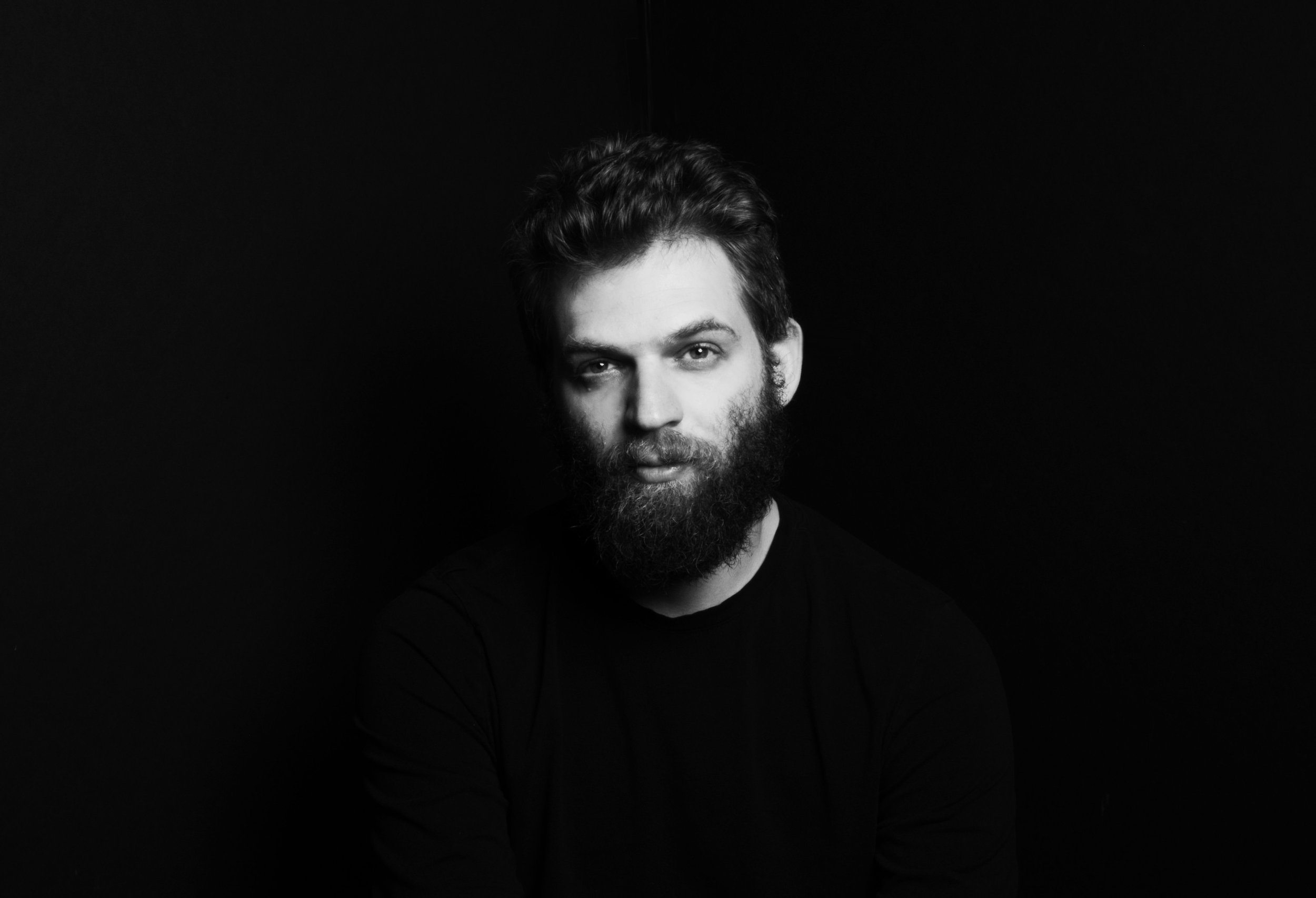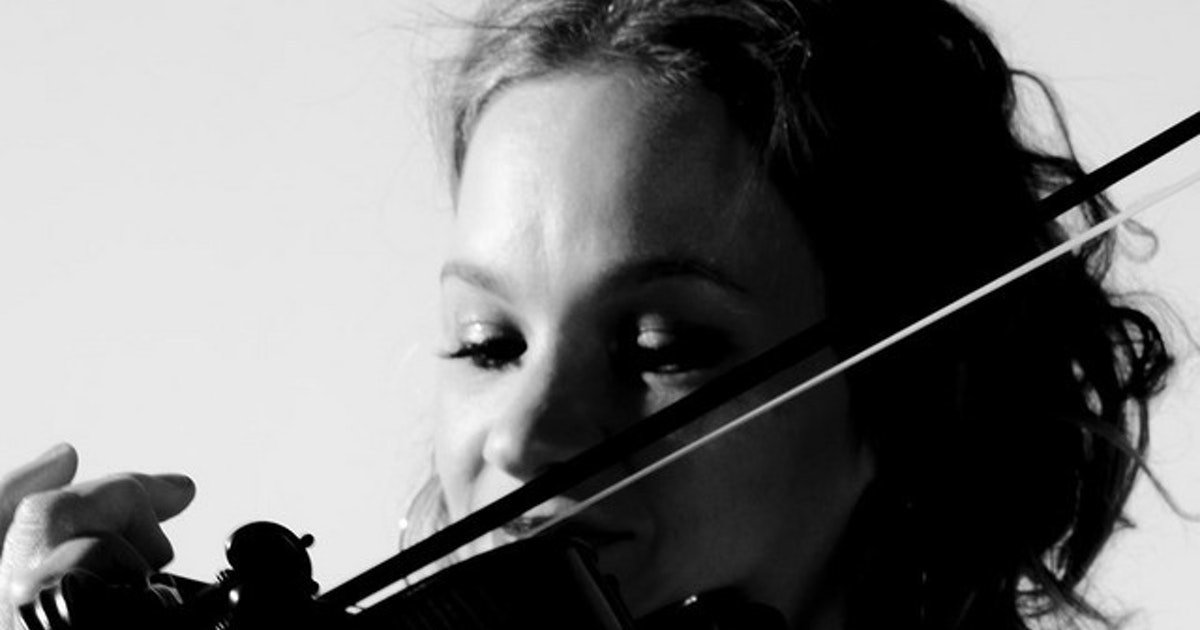Music of a nation

Johnny Gandelsman, the iconoclastic American violinist (here in D.C. we’ve often seen him as a member of Brooklyn Rider), spent much of the pandemic in a creative project of remarkably impressive scope. In conjunction with a number of foundations, philanthropies, and presenters, he has funded, commissioned, and recorded new works from 22 different composers, amounting to more than two hours of music (mostly for solo violin). The project, under the umbrella title of “This Is America,” sought to frame this unique and uniquely unsettling period of our history in a variety of different voices, each reflecting in some way on the zeitgeist. He brought five of them to the Library of Congress last night, in a co-presentation with Washington Performing Arts.
It was an interesting and frustrating evening. To avoid audience mingling at an intermission, he played the 90-minute program straight through, which was a slog for some in the audience; there were a few defections before he was done, mainly after the longest and most tedious work of the concert, Surrender to the Adventure, by Anjna Swaminathan. Over an incomprehensible mush of pre-recorded talking (unintelligible, but loud enough to be annoying) and some faint wisps of other music, Gandelsman played a sort of instrumental commentary, including some vocalizing on his part as well. If the music related in some way to the words, we were left in the dark, as both tended to detract and distract from the other.
This was followed by a very pleasing, palate-clearing piece by Rhiannon Giddens, New to the Session, a kind of homage to British Isles fiddling, but with an 21st-century American accent.
Earlier, Olivia Davis’s Steeped drew the ear forward with wild ideas set forth in a logical arc. It opened with frantic, vespid, near-inaudible scurryings surrounding strong declamatory chords; the elements then gradually started to merge together. A second section was a kind of moto perpetuo but with highly-imaginative string writing spanning the entire range of the instrument. The final section was a mournful cadenza, with the violin doing an imitation of the ululating sounds of an Irish whistle; interesting, but went on too long.
Clarice Assad’s O, for violin and pre-recorded tape stretched Gandelsman’s technique perhaps even further, but when a performer is interacting with a recording (sounded like a choir, but could’ve been electronics), the overall effect is less compelling.
The Davis, Assad, and Swaminathan pieces had a similar tonal aesthetic common to most new pieces these days. Gone is the deliberate ugliness so prevalent in the 1960’s and ‘70’s, but they still eschew anything that we’d recognize as a “key.” The meanderings are not harsh, but neither do they set forth patterns that we can anticipate, and thus the ear eventually tires.
The concert ended with Gandelsman picking up a tenor guitar and singing basically a folk song written for him by Marika Hughes, With Love from J. As he freely admitted, his voice and his guitar-playing are amateurish, but after the workout he’d put himself through all evening, he deserved to kick back a little, and the audience was with him all the way, even singing along in the chorus they’d just learned.
I would like to praise Gandelsman’s first number (a transcription of the Bach Cello Suite No. 3) but his decision to play with the instrument miked -- in the Coolidge Auditorium, one of the finest chamber-music halls in America -- was infuriating. When has solo Bach ever been so abused in such a place?





